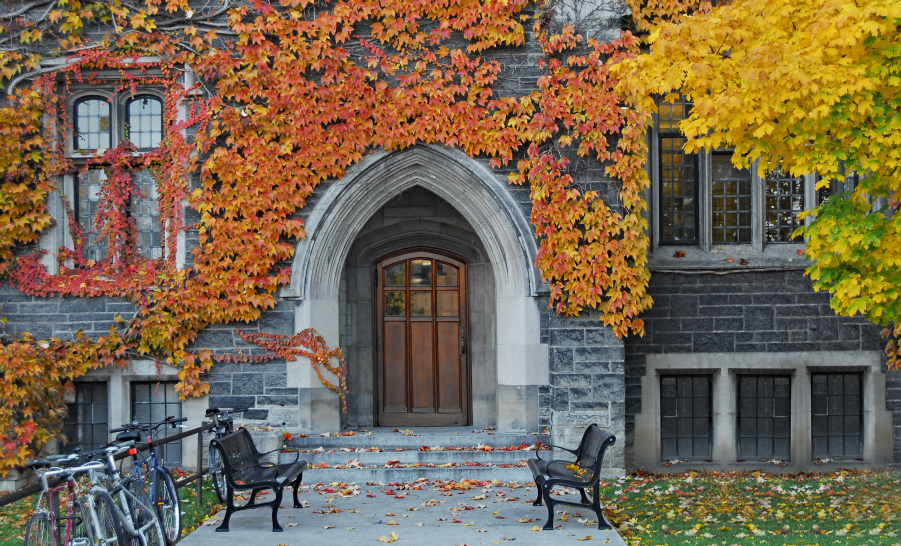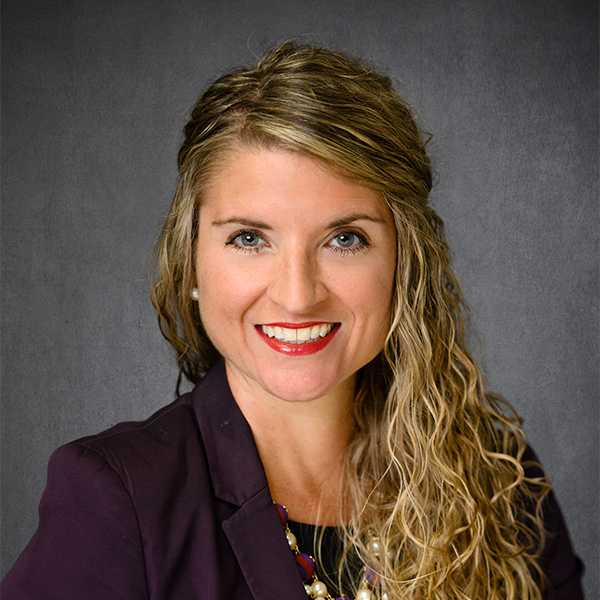Using Required Courses to Expand First-Gen Mentorship Accessibility
The authors present a departmental initiative designed to address gaps first-gen students face in accessing career mentorship.
Sonja Ardoin Ph.D., Clemson University / FirstGen Forward / November 15, 2022

Like many others who work in the field of higher education and student affairs, I have been employed at several institutions during my career (in fact, I have worked at eight different institutions in six states). I have experienced all of those environments as a first-generation college graduate and a first-generation professional, alongside the social identities I hold. I have also attempted to support first-generation college and graduate students in each of those contexts. It has been more challenging at some institutions than others for a variety of reasons. However, each time I transition to a new workplace, I consider how I can be of service to both individuals and the institution, as a whole, to create more awareness, stronger support, and better systems for first-generation college and graduate students.
This consideration of how to navigate and #AdvocateFirstgen in a new space has been top of mind for me since I made my most recent career transition a couple of months ago. As I entered my new institution, I thought out how to position myself as a contributor on first-generation college student efforts. Halfway through the first semester, I can share some ways I have tried to integrate myself into the campus community that might be useful for others to try, though I acknowledge effective strategies will vary for each person based on the combination of identities they hold and the context of their specific institution.
Being transparent about my first-gen status has invited conversation with colleagues and students and led to some opportunities to get involved with campus efforts.
Before I even arrived at my new institution, I began sharing parts of my story, including my experiences as a first-generation college graduate and first-generation professional. I talked about being first-gen. In the multiple interviews of the search process, I connected with others on campus who shared that experience, and I included it as part of my employee bio for the website. Being transparent about my first-gen status has invited conversation with colleagues and students and led to some opportunities to get involved with campus efforts.

Inevitably, there are people on campus who are working to support first-generation college (and sometimes graduate) students. These folks are often working in areas related to college access and success, which could include TRIO programs or similar institution-specific programs, and, depending on the institution, in units related to basic needs or identity centers. [Though, let’s not conflate that all first-generation college students are from poor or working-class backgrounds or identify as Students of Color!] There are also some institutions that have created first-generation college student offices or centers (count yourself lucky if this is your campus!) Regardless of the structure of units, reach out to the colleagues you know, or believe, are serving and supporting prospective or current first-generation college students. Ask to set up a chat with them–on the phone, via Zoom, or in person. Learn about what programs and services exist on campus. Determine where the gaps are. Ask how you might be of assistance (should you have the time and capacity). Ultimately, build relationships with colleagues who share your interest in first-generation college populations.
Each time I transition to a new workplace, I consider how I can be of service to both individuals and the institution to create more awareness, stronger support, and better systems for first-generation college and graduate students.
Inevitably, when you share your own first-generation college graduate story, look at the data, and reach out to colleagues, opportunities to engage and serve will arise. As a new employee, it will be key to determine your capacity to say yes to these opportunities, alongside the large lift of learning and doing a new job. Still, there may be opportunities for temporary committee work, mentoring students 1-on-1, reviewing scholarship applications, sitting on a panel, and the like that are feasible to do from your early days on campus. As an example, before I even officially started my new position, I received an email from the Dean of Undergraduate Studies about serving on a program review committee to offer feedback on new directions for the university’s first-generation college student programming. After checking in with my supervisor and confirming that the committee would only entail one semester of service, I accepted the invitation as a way to not only serve first-generation college students but also acclimate and contribute to the institution from the outset.
It can take at least a full year–academic, calendar, or otherwise–to feel settled into a new role and institution and become recognized as an advocate for first-generation students. Give yourself some grace as you experience that year and learn how to navigate a new context, and also give yourself permission to seek out opportunities to share your experiences and expertise by advocating for populations near and dear to you. It is part of the reason they hired you (I hope)!
What strategies have you successfully employed to #AdvocateFirstgen in a new professional setting? Share your approach using #AdvocateFirstgen on social media and be sure to tag the Center for First-generation Student Success @FirstGenCenter!
Sonja Ardoin, Ph.D., is an associate professor of higher education and student affairs at Clemson University. She also serves as a member of the Center for First-generation Student Success' Advocacy Group and a CatalystFIRST speaker. You can learn more about Dr. Ardoin and her work by following her on Twitter.